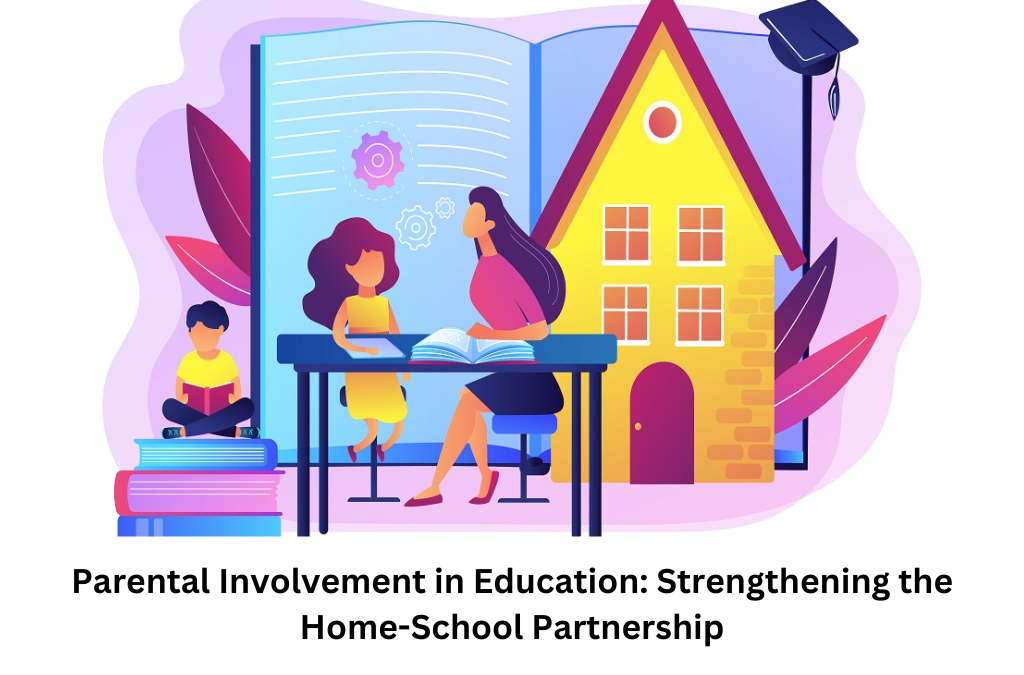Tailored Learning: Personalized Home Schooling Plans

Crafting Success: The Impact of Tailored Learning with Personalized Home Schooling Plans
Embarking on the homeschooling journey opens the door to a world of educational possibilities, with one of the most impactful being the creation of Personalized Home Schooling Plans. Tailoring education to meet the unique needs, interests, and pace of each child is a powerful strategy that not only ensures academic success but also nurtures a love for learning.
Understanding Individual Learning Styles
The cornerstone of personalized homeschooling plans is a deep understanding of each child’s learning style. Some learners thrive in a visual environment, while others may excel in hands-on activities. Identifying and acknowledging these individual learning preferences enables parents to tailor the curriculum to suit their child’s natural inclinations, fostering a more effective and enjoyable learning experience.
Adapting Pace and Progression
One of the key advantages of personalized learning is the ability to adapt the pace and progression of each child’s education. Some students may grasp certain concepts quickly and benefit from accelerated learning, while others may require additional time for mastery. Personalized home schooling plans allow for flexibility in pacing, ensuring that each child progresses at a rate that aligns with their understanding and comfort level.
Catering to Individual Interests and Passions
Tailored learning extends beyond academic subjects to encompass a child’s individual interests and passions. Personalized home schooling plans can incorporate projects, activities, and explorations that align with a child’s hobbies or future aspirations. By integrating these personal interests into the curriculum, parents can spark enthusiasm and motivation, turning the learning journey into a personally meaningful and fulfilling experience.
Flexibility for Optimal Learning Times
Personalized home schooling plans recognize that optimal learning times vary from one child to another. Some students are most alert and focused in the morning, while others may be more receptive in the afternoon or evening. Adapting the daily schedule to align with a child’s natural rhythms ensures that learning happens during their peak cognitive periods, maximizing retention and engagement.
Individualized Support for Challenges
Every student encounters challenges along their educational path. Personalized home schooling plans provide the flexibility to address these challenges individually. Whether a child needs additional support in a particular subject or requires alternative approaches to understanding complex concepts, personalized plans allow parents to tailor their teaching methods to provide targeted assistance and encouragement.
Personalized Home Schooling Plans are a dynamic tool that empowers parents to cater to their child’s unique learning profile. By understanding learning styles, adapting pace and progression, incorporating individual interests, flexibly scheduling optimal learning times, and providing individualized support for challenges, parents can craft a learning environment that not only fosters academic success but also instills a lifelong love for learning.
To explore more about the impact of personalized home schooling plans, visit SocialFacePalm.







